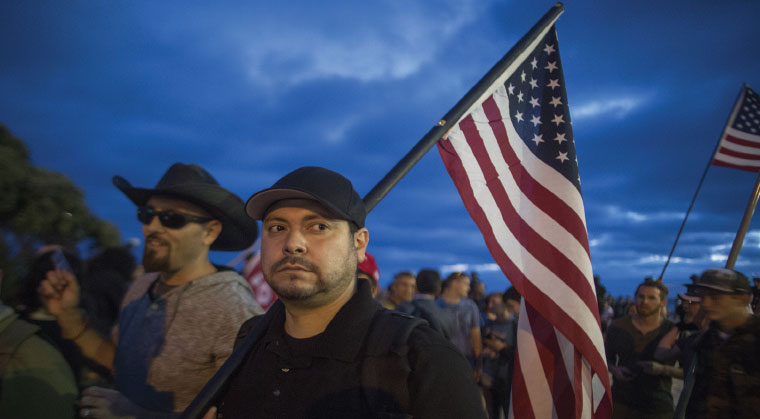Shabbos in Tel Aviv Not an Open-and-Shut Case



BROKEN FENCES The am:pm chain was one of Tel Aviv’s first to open 24/7 instead of 24/6 (Photo: Flash90)
A recent Supreme Court decision to allow 160 businesses to operate on Shabbos in Tel Aviv has opponents digging in for a long fight even while they see a limited victory.
“Right now more than 450 stores are actively open without an official permit” says Yair Korach chairman of the Tel Aviv Merchants’ Union which stands opposed to Shabbos openings both on religious grounds and on the grounds that it harms the competitive position of shomer Shabbos businesses. “The court’s decision reduces the trend of opening groceries on Shabbos and from now on permission will be limited.”
Still he says the Supreme Court’s ruling is “serious ” but not “the most severe that could have been handed down.”
In her written decision on behalf of a three-justice panel Supreme Court President Miriam Naor noted that the 160 outlets are a tiny fraction of the number of businesses that operate in the city during the week. The openings she wrote “make it possible to preserve the unique character of the Sabbath and do not significantly alter the face of the city.”
The Supreme Court stepped in after almost three years of political maneuvering in the Knesset failed to produce legislation to remedy a controversy that began in 2014 when Tel Aviv proposed amending city bylaws to allow 350 new places of business to open on Shabbos.
Israel’s municipalities have limited powers under the 1964 Municipal Corporations Ordinance the legal basis for the present system of local government. While vital security organs and infrastructure such as the police the Israel Electric Corporation and hospitals are allowed to stay open on Shabbos all other entities must gain approval from the interior minister.

Yitzchak Miron: “In almost every city in Europe businesses are closed on Sunday. We can’t allow a situation where the one nation that gave the world the concept of a weekly day of rest doesn’t abide by it”
Three successive interior ministers have denied such approval to add the 350 businesses to the list but when the coalition failed to garner enough votes to pass a “Shabbos bill” submitted by Likud MK Mickey Zohar that would have banned businesses opening on Shabbos without special permission from the economy minister the Supreme Court stepped into the fray and issued its ruling.
Shabbos desecration is not only a sin but may be a violation of state law. Attorney Yitzchak Miron said he is concerned that businesses that remain open seven days a week may violate a law requiring employers to give all workers a minimum of 36 consecutive hours off from work at some point during the week. Those 36 hours have traditionally been granted Friday afternoons and Shabbos.
“In almost every city in Europe businesses are closed on Sunday ” Miron says. “We can’t allow a situation where the one nation that gave the world the concept of a weekly day of rest doesn’t abide by it.”
While chareidi Knesset members and other allied interests are calculating their responses Uri Ramat strategic advisor for a group called the Coalition for Shabbos Equality said the battle to outlaw commerce on Shabbos isn’t nearly over. “We will not rest until a law is passed in Knesset completely stopping retail commerce on Shabbos which harms workers and small businesses in Israel ” he said. (Originally featured in Mishpacha Issue 657)
Oops! We could not locate your form.







